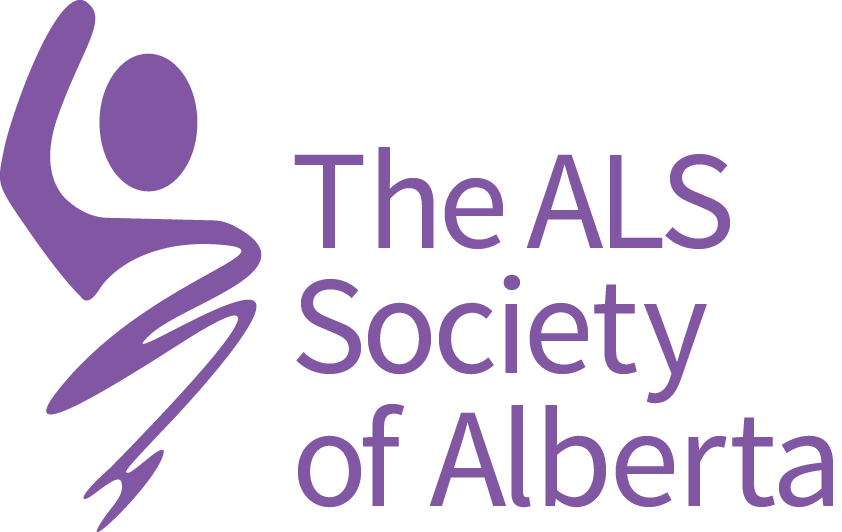My mother, Laverne G’froerer, passed away in March of 2018 after a battle with both ALS and Frontotemporal Dementia (FTD), two diseases which unfortunately can go hand-in-hand. While she received assistance from the ALS Society in BC, one part of her story that I will share here provides an example of truly how important the ALS Society of Alberta, and its equipment program, are to the families living with ALS.
A remarkable woman, my mother had one especially amusing (not so amusing when I was in my 20s) trait – the woman could absolutely not sleep until I got home, no matter how old I was. Whether I was at the bar at age 21 or she was babysitting the grandkids while I was at a friend’s in my 40s, she would be awake and waiting when I got home.
This trait became even more pronounced with FTD in its early days, along with some other strange personality traits - her recognition of social norms deteriorated, her sense of humour disappeared, and she lost her language skills. After doing lots of online research, her FTD diagnosis in January of 2017 was what we expected – what we didn’t expect was the ALS diagnosis just 8 months later. Along with that diagnosis unfortunately came a lack of understanding from many in the medical field, not to mention society as a whole. Two rare diseases combined – we didn’t know who to turn to. Thankfully, the ALS Society provided the support and equipment that our family needed. Adapted cutlery, a walker, a Bi-Pap machine, bed rails, and the piece that is so important to this brief story – a boogie board.
The boogie board provided mom with the ability to write notes to us, as we couldn’t understand her speech by the fall of 2017. Unfortunately due to her FTD, her notes became increasingly limited as the months went on. They were usually very brief statements such as “I love you” – she never asked about the grandkids, or even a simple “how are you?”
By February of 2018 she was in a care facility, and the notes written on the board were few and far between. One day when visiting, I mentioned that after I left the that day I would be meeting friends for dinner and drinks in downtown Vancouver. The next morning I arrived and mom was very agitated, she tapped my hand repeatedly and tried to speak as soon as I sat down, and it was obvious that she had not slept overnight. I grabbed her boogie board, and this is what she wrote:
“What time did you get in?!”
My mother, only a month from passing and for the most part unrecognizable from the vibrant woman she once was, wanted to know what time I got home from the bar at the night before. That moment meant the absolute world to me, as it showed me that somewhere beneath those two horrible diseases, she was still in there.
Mom passed just a month later, on March 26, 2018. And on March 26, 2019, I had that phrase, in her handwriting, tattooed on my arm. I always joke that when I am in Las Vegas out in the wee hours of the morning, I will look down at my arm and remind myself that mom thinks I should go to bed.
I now work for the ALS Society of Alberta, as I truly know how important this organization is to the families struggling with this disease. The help of ALS Societies across this country truly make special moments possible during the course of the disease – they help us find the joyous moments as we live with ALS.

